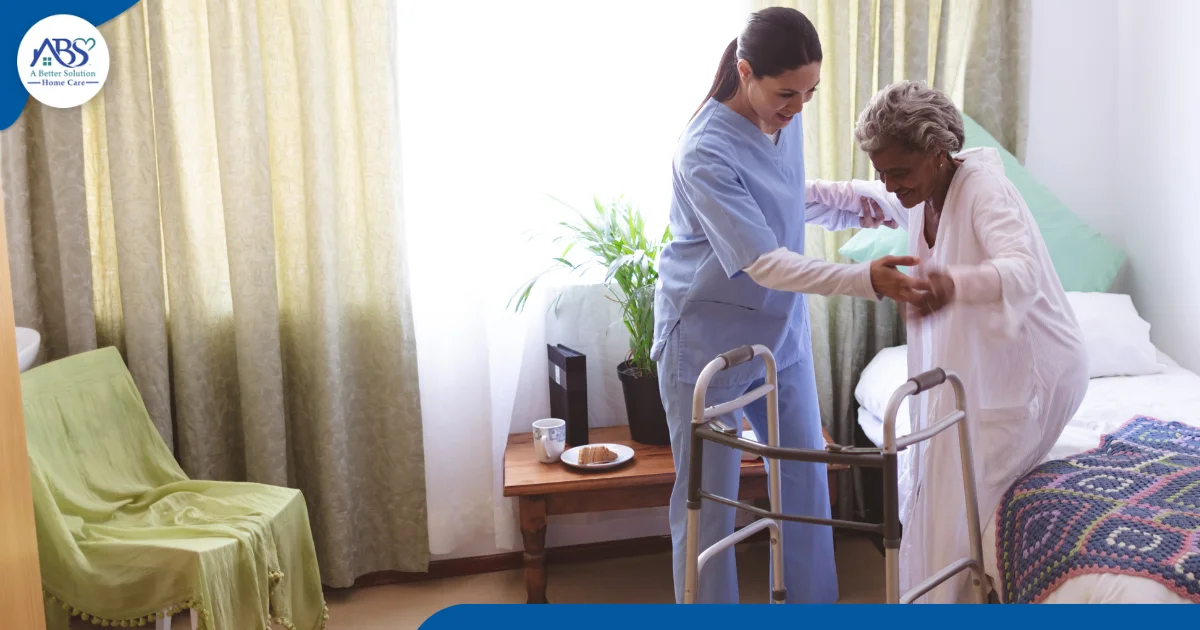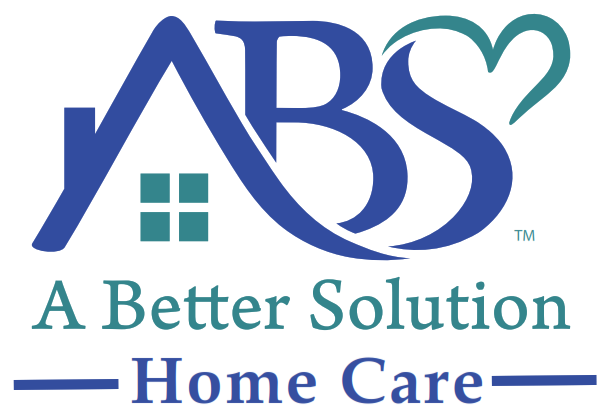
How to Recover Faster After Hospital Discharge with In-Home Care
07-11-2025
Coming home after a hospital discharge is often seen as the final step in a health crisis, but in reality, it's just the beginning of a new phase: recovery. Many patients, even those eager to return home, face unexpected challenges like overwhelming fatigue, confusion over medications, reduced mobility, or emotional distress. Without proper support, these issues can lead to complications or even rehospitalization.
That’s where in-home care services step in. This form of personalized assistance ensures that patients don’t face the post-hospital journey alone. From helping with daily tasks to supporting medical needs, in-home care can drastically improve the speed and safety of recovery after a discharge from hospital.
Why Post-Hospital Recovery at Home Matters
Preventing Readmissions with the Right Support
After a hospital discharge, patients are at a significantly high risk of being readmitted. In fact, studies show that 1 in 5 patients return to the hospital within 30 days, often due to complications that could have been prevented with the right care plan. A structured post discharge care plan ensures continuity of care, reducing this risk dramatically.
Why Familiar Surroundings Speed Recovery After Hospital Discharge
Healing doesn’t just happen through medication and rest. It’s deeply influenced by the environment and emotional well-being. Home provides a level of comfort and peace that hospitals simply can’t. Patients who recover in their own space often experience less stress, better sleep, and stronger motivation to follow through with recovery routines. This emotional boost enhances post-hospital recovery and encourages consistency with medical instructions.
The Critical Benefits of In-Home Care After Hospital Discharge
Customized Plans for Medical and Personal Needs
After being discharged from hospital, every patient’s recovery looks different. In-home caregivers create personalized care plans that match individual needs, whether it’s managing chronic conditions, assisting with wound care, or simply helping with meals and hygiene. These plans ensure every aspect of care is intentional and aligned with medical guidance.
Medication Management After Hospital Discharge to Avoid Costly Mistakes
One of the biggest sources of post-discharge complications is improper medication use. With several prescriptions and dosage changes, patients can easily become confused. Trained caregivers provide medication reminders, organizing schedules, preventing missed doses, and catching potential interactions early, helping ensure recovery remains on track.
Ensuring Safety and Preventing Accidents After Hospital Discharge
Limited mobility and home hazards can increase the risk of falls after a hospital discharge. Professional caregivers offer mobility and safety support, assisting with transfers, walking, and setting up a safer home environment. This attention to physical safety is crucial, especially for older adults or those recovering from injury.
Nutrition and Meal Prep for Healing
Proper nutrition fuels recovery. Caregivers assist with meal prep and nutrition, ensuring patients get balanced meals that promote tissue repair and energy restoration. This support is especially helpful for individuals with dietary restrictions or difficulty preparing meals on their own.
Wound and Surgical Site Monitoring
Many patients require ongoing wound or surgical site care after procedures. In-home aides trained in home health care after surgery can clean wounds, change dressings, and monitor healing, helping prevent infections and promoting faster recovery at home.
How Professional Caregivers Accelerate Recovery
Daily Monitoring and Early Intervention
A professional caregiver plays a vital role in the healing process by providing constant supervision and responding quickly to changes in health. By monitoring recovery progress daily, they help catch signs of complications early, whether it’s a spike in temperature, swelling, or unusual fatigue.
Supporting Physical Therapy and Daily Health Routines
Caregivers provide transitional care support by reinforcing prescribed therapies and encouraging adherence to rest, hydration, and daily movement. They help patients stick to routines, improving outcomes and reducing recovery time.
Emotional Support and Companionship
Being home alone after a hospital discharge can feel isolating and overwhelming. Many people experience anxiety, depression, or fear during this stage. Professional caregivers provide emotional companionship, which can ease mental stress and promote a more positive mindset, both key factors in physical healing.
Choosing the Right Post-Discharge Home Care Provider
Look for Trained and Experienced Professionals
Not all hospital to home care services offer the same quality of care. Look for providers with skilled, trained caregivers who are experienced in post-hospital recovery, chronic illness management, or post-surgical support. Their expertise ensures that care is delivered confidently and safely.
Flexibility in Hours and Availability
Your needs may evolve during recovery. Whether you require round-the-clock help or just a few hours a day, choose a provider that offers 24/7 availability or flexible hours to accommodate different levels of care.
Communication and Coordination Are Key
A successful recovery often requires coordination between multiple parties—doctors, nurses, therapists, and family. Look for providers who prioritize strong communication with physicians or family and offer smooth care coordination after hospitalization. This ensures that everyone involved is informed and aligned on the care plan.
Experience with Specialized Recovery Needs
Patients recovering from major surgeries or illnesses need caregivers familiar with their specific recovery path. Whether it's home health care after discharge for a cardiac patient or rehab support for someone recovering from a stroke, experience in these areas makes a big difference in care outcomes.
When In-Home Care Becomes Essential
Living Alone or Lacking Support at Home
If a patient lives alone or has no immediate family nearby, after surgery home health care becomes critical. Caregivers step in to provide both companionship and functional support to keep the home safe and the patient comfortable.
Recovery After Major Health Events
Some health conditions - like surgery, strokes, or infections - require intensive follow-up care. In these cases, a safe transition from hospital to home is not possible without professional help.
Cognitive Decline or Memory Loss
Patients with dementia or memory impairments may forget medication, leave stoves on, or wander. In-home care ensures their safety while supporting proper recovery routines. Families often turn to this option when they’re wondering how to avoid hospital readmissions in vulnerable seniors.
Healing Starts at Home: Let Us Help You Recover Safely
Recovering after a hospital discharge can feel overwhelming, but you don’t have to go through it alone. With expert care tailored to your needs, you or your loved one can heal faster, safer, and more comfortably at home. From wound care and medication support to emotional encouragement and meal preparation, healing starts at home. Care services are designed to help you move forward with confidence.
Need help planning a smooth recovery after discharge?
📞 Call A Better Solution Home Care at 866-945-7973
📩 Or explore your recovery options at abs.care
